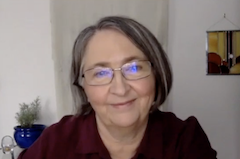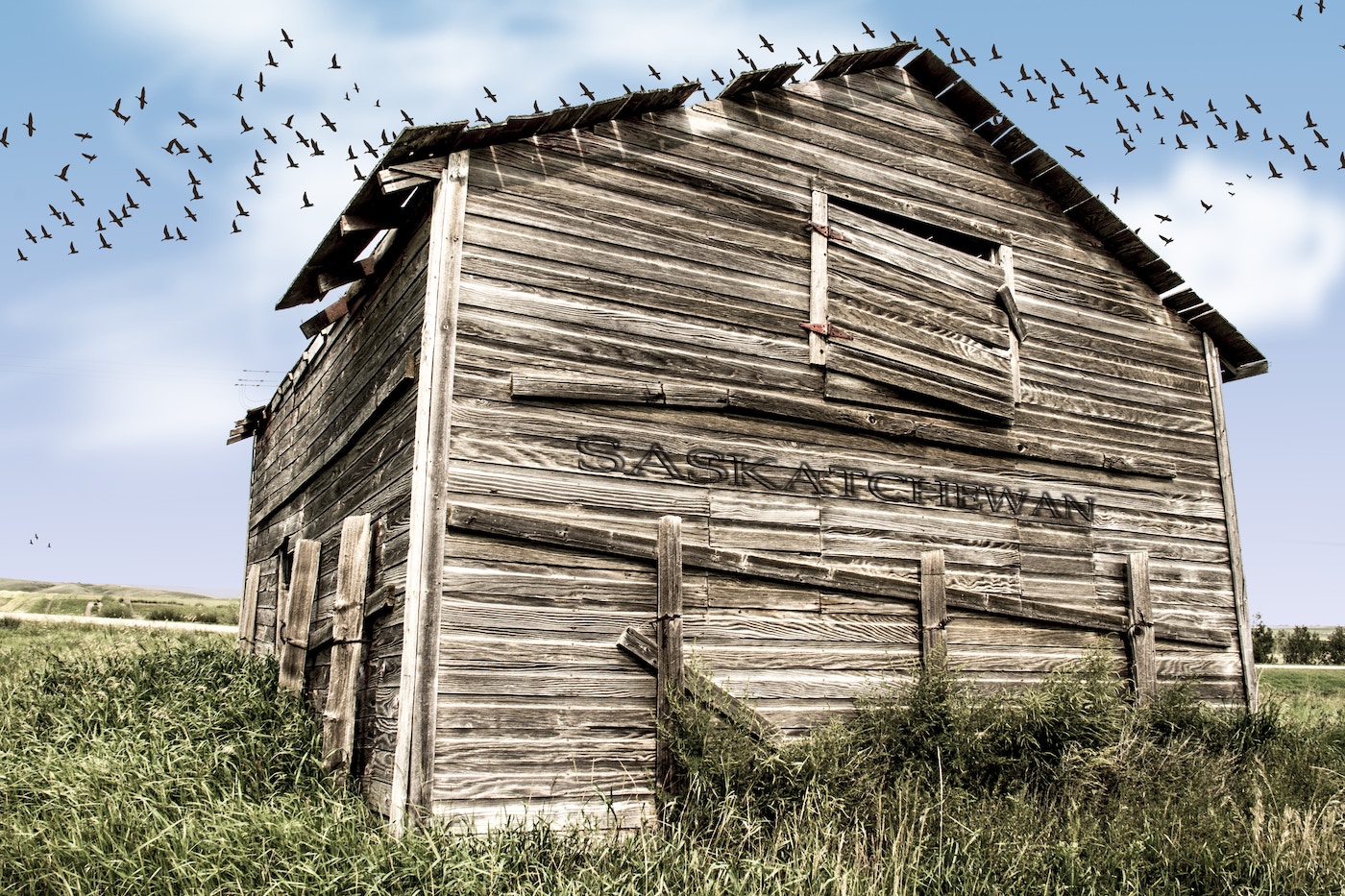I am a small-town girl from Saskatchewan, a prairie province in Canada that most people wouldn’t know how to pronounce let alone know where it is. I grew up in a home where I was well cared for physically. No one screamed at or ridiculed us. Neither of my parents struggled with addiction to alcohol or drugs. There was no physical or sexual abuse. I was never afraid for my physical safety and I never witnessed violence at home.
My dad and his dad were small town dentists who valued service over money. Dad mentored new dentists to town, giving them business and earning their appreciation. He let it slide when people didn’t pay him on time. His business struggled financially and that frustrated my mom.
Mom was raised on a wheat farm. They also had a dozen milk cows (their cash crop during the depression), a herd of Black Angus beef, chickens, a few acres of garden, and horses. It was a hard fight to survive off the land and they valued the safety provided by success and money. My mom would say “If you’re inside navel-gazing when you should be working, you’ll starve come winter.”
I was ten when the Beatles played on Ed Sullivan February 9, 1964 and my friend Lynne and I were hooked. We started a Beatles fan club. We packed a lunch so we could go to the theatre right after school to wait in line for hours to see A Hard Days Night. I was twelve when Lynne’s father was transferred and she moved away. That was also the year events happened that set in motion the trauma of my teen years. Small town bad girl. The one with the reputation. Public shaming at school and in the community. I experienced addiction and violence in many forms. I had no one to turn to.
My parents were well-meaning, hard-working people doing their best to raise a family. Mental health professionals are just beginning now to see the damaging effects of an emotionally disconnected family environment. The cultural tight squeeze of the fifties was a tough time, especially for women. Like so many other couples, my mom put my dad through university then stayed home with her children. It wasn’t a great fit for either of them.
The first time I went to therapy was when I was in my thirties. I had been married at 18, had a child, and divorced at 23. I was a committed lesbian feminist activist and for the first time was experiencing myself as a person with value. I was living with a long term partner who was an alcoholic, with a predictable impact on my son. I saw myself as calm. Now I can see I was shut down and in freeze. Denial and suppressing memories of my teen years didn’t work very well. I had a compulsive, catastrophic mind and was easily triggered into shame.
When I look back to my pre-teen years, I have a hard time remembering what I thought then that my adult life would be like. I guess I thought I would have a life something like my parents. I was smart and good at math and science so maybe I would have had a career in that. By the time I was finishing high school, my parents were wrapped up in their own unhappiness and disengaged. My mom spoke with regret about that in later years. I was deeply unhappy, struggled with suicidal thoughts during those years, and escaped into alcohol and drugs at every opportunity. As soon as I was old enough I worked as a bartender.
I took many chances during those years and had many difficult and scary experiences. Yet I didn’t work in the sex trade when it was offered. I didn’t deal drugs when it was offered. I kept trying to scramble up out of the chaos and suffering. Something kept me going.
I was forty when I found the Himalayan Tradition of Yoga Meditation and began a deep spiritual journey. When I was in my late fifties, I connected with Scott Kiloby and the Living Inquiries. In my early sixties, I did a deep dive into learning about developmental trauma and complex PTSD. I began to understand my life and to deeply know myself. Through yoga and meditation, I began to inhabit and heal my body.
Now I’m sixty-six. I long ago left behind the abusive relationship and moved to live near my son and family. My dog Shantih and I live in an off-grid tiny house at the ocean and forest in Nova Scotia. I work with people healing trauma and coming home to themselves.
It is a life I could never have predicted. There was a lot of suffering and it wasn’t easy. Denial and disconnection made things worse. I know myself now. I am consistently kind and patient. I never shame myself. The inner critic has long since given up. I don’t believe those lies. They were never true. I was traumatized, not bad. This is as true for you as it is for me.
Connection with ourselves through unconditional acceptance, kindness and compassion is the foundation of healing. It was possible for me and I know it is possible for you. We all fear what we might uncover in our own healing journey. I promise that under the trauma, you will discover your own basic goodness and light.


